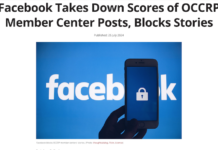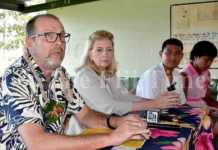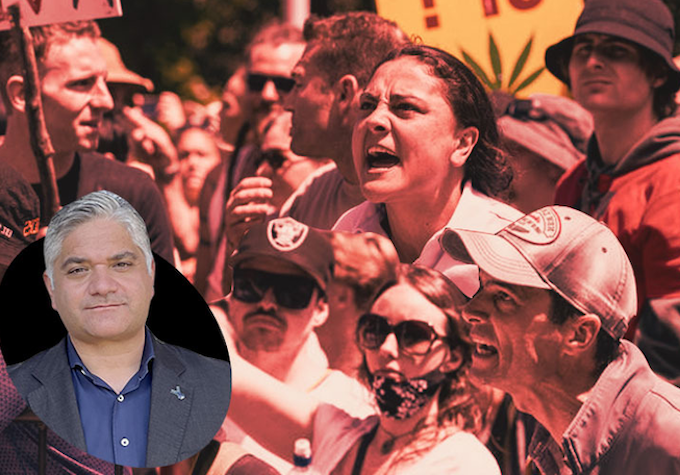
National Māori Authority chair Matthew Tukaki has seen plenty of protests and received his fair share of abuse, but what’s been happening in Wellington this week is like nothing he has encountered before. Justin Latif reports for Local Democracy Reporting.
If there’s one thing Matthew Tukaki thought he and the protesters at Parliament might agree on, it’s the right to free speech. But after starting a campaign to end the occupation, he discovered that wasn’t quite the case.
“I started a campaign on Sunday, which kind of went viral, called #endtheprotest, via social media,” the Wellington-based chair of the National Māori Authority said.
The hashtag is now one of the top trending topics for New Zealand Twitter users and has been shared by close to 60,0000 people on Facebook, hitting a reach of 2.3 million accounts.
- READ MORE: RSF condemns threats, violence against media from NZ’s ‘freedom convoy’ protest
- The NZ Parliament protest is testing police independence and public tolerance – are there lessons from Canada’s crackdown?
- Other NZ Parliament protest reports
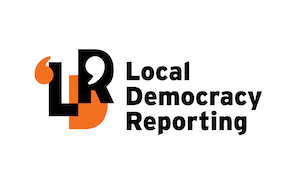
Tutaki said the backlash, which had included physical threats and racial abuse, was initially just online but it quickly escalated once protesters realised he was behind the campaign.
“I came out of a hotel on Sunday and someone recognised me, they grabbed me by the arm, and the force was so great, they ripped the sleeve off my anorak and left a bruise,” he said.
Never one to let a single incident perturb him, Tukaki passed the protests on his way to lunch a few days later.
“I was down there on my way to get some sushi and a group of about eight of them piled in, shouting verbal abuse and trying to physically intimidate me. One of them was about to lunge and if it wasn’t for the police, it could have turned into something much more brutal.”
No self-respect
He said the protesters seemed to have no self-respect, either for their own space or the environment they were occupying, given the amount of human waste that was swirling around Parliament grounds.
“It’s like someone has turned up at your house, put a tent in your lounge, and then shat in your sink. It’s another level of disrespect out there and these people have no respect for the whenua.”
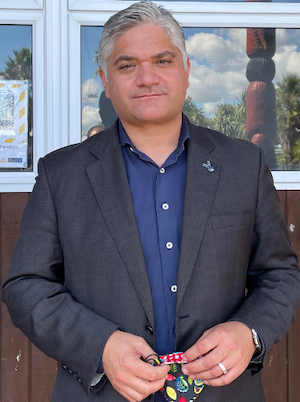
Having attended many protests over his life as well as having many friends and family involved in different types of activism, he said the difference in how a Māori-led campaign operated was stark.
“Ihumātao was totally different, hīkoi to parliament are different,” he said. “With Māori, when we have a protest, our people will go down to Wellington, we prosecute our kaupapa, present our petition and members of parliament will often come out to greet you.
“It’s always well-organised, and it’s safe and then we clean up after ourselves and we continue to prosecute the kaupapa back home from our marae.
“This is completely different. It’s violent, it’s aggressive and they have no respect for the whenua.”
He noted that even after protesters sent out a press release welcoming visitors, “a reporter from Wellington Live went down there, and was beaten up”.
Māori culture appropriated
He said it was particularly concerning to see both Māori culture and New Zealand’s wartime history being appropriated.
“Unfortunately our Māori whānau are being used as clickbait by those in the alternative right, who are pushing messages from the United States,” he said.
“We’re being used, our symbols are being appropriated. Our tino rangatiraranga flag is flying next to the Trump flag, next to where a Nazi swastika symbol was painted on a war memorial.”
He said the prime minister had made the right call not engaging and he felt some blame could be laid at the feet of politicians who had helped stoke racist conspiracies.
“Many politicians have used Māori issues as a political football over the last 12 months,” he said.
“What they have done is they have set free the sorts of racist attitudes that have been hiding in dark corners, and look at what those same politicians have done now — blame the government for it all.”
Peddling of racist ideas ‘normalised’
This wasn’t the first time Tukaki had received abuse, given his role with the National Māori Authority, which advocated for iwi and Māori business and community service organisations around New Zealand, but he was concerned by how normalised the peddling of racist ideas was becoming.
“I was getting racist and threatening messages before the protest, but what this has taught me is the issue of racism is out there more, because people are now emboldened to show their names and faces.
“And to be frank, people like [David] Seymour and [Judith] Collins, [Winston] Peters and Matt King all need to take responsibility for the beast in the cave they have conveniently let loose.”
Justin Latif is a Local Democracy Reporting project journalist. Read more of his stories here. Asia Pacific Report is a community partner.









